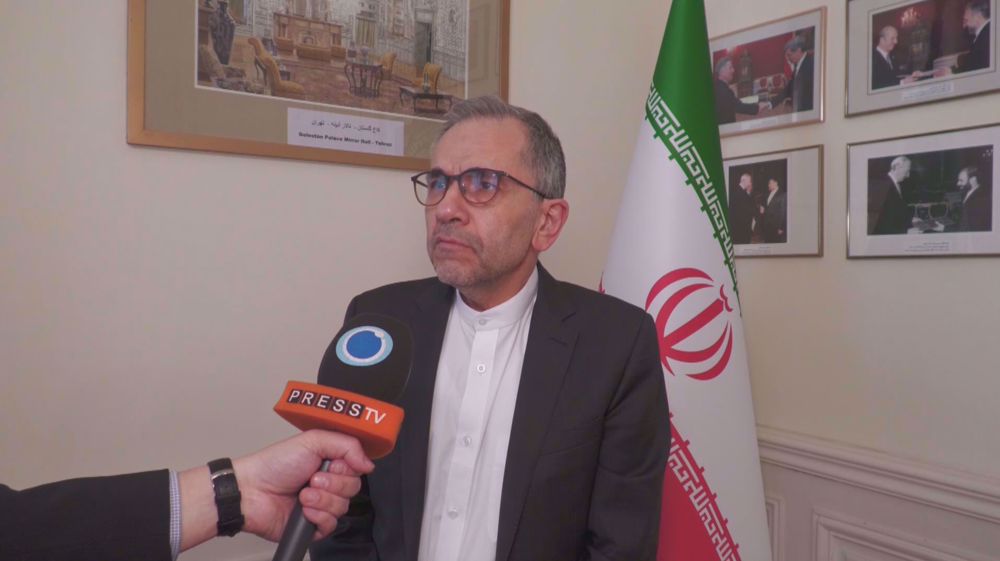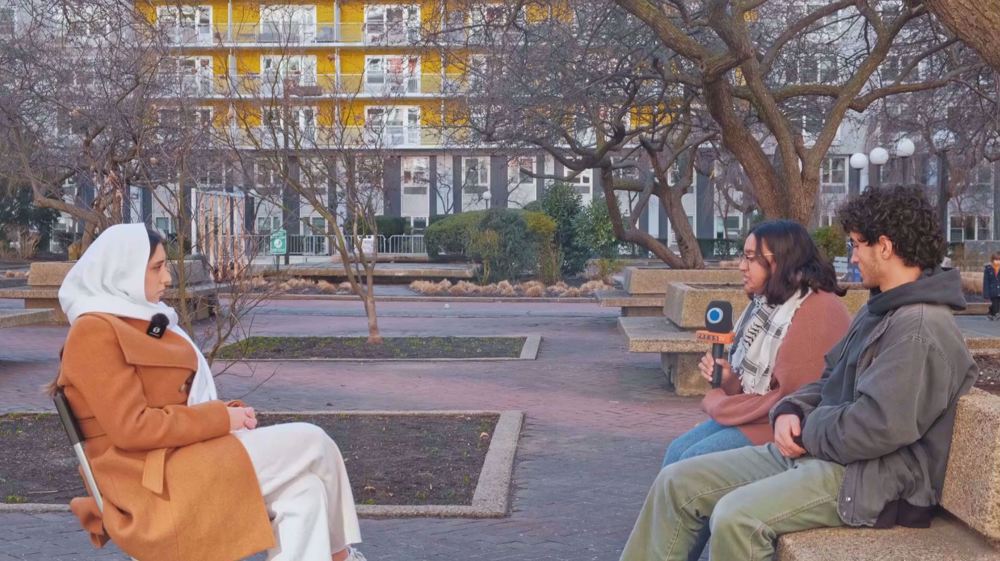Era of Daesh Takfiris has come to an end: Historian
Press TV has conducted an interview with Webster Griffin Tarpley, an author and historian, from Washington, to discuss the recent visit by Russian President Vladimir Putin to Tehran.
The following is a rough transcription of the interview.
Press TV: Many are calling Putin’s visit and what has taken place on his trip to Tehran as “historic”. Do you see it that way too?
Tarpley: Well, I think it is historic to the extent that it may be the beginning of the end of mass terrorism as we have seen it in Syria especially, although also in Libya, but from about 2011 until the present time. And the pledge that the two presidents have made seems to me to be very significant because it is based on real facts. In other words, it is actually based on a cooperation which is ongoing.
Now everybody knows who they refer to when they say the countries that pretend to fight terrorism, but actually …this is the US, the British, and the NATO countries who, although I believe they are factionalized, they cannot seem to make up their minds whether they think ISIS is a secret army that they want to use or whether they really recognize the reality of ISIS being the absolute destruction of world civilization.
And I think it is interesting that this meeting has occurred now because I believe we are on the brink of big changes, big shifts on the battlefield and in particular, we have been receiving reports that the terrorist position, and this is sometimes al-Qaeda, al-Nusra or Free Syrian Army (FSA) or indeed ISIS because they are there too, that in the areas of Aleppo and Palmyra, the combination of the Russian bombing and desertions and demobilization have, to a large degree, crippled the resistance or the attack capability of these terrorist formations. We can see gains for the Syrian Arab army in the suburbs of Damascus in Ghouta, the famous place that everybody heard about in August-September 2013. In the area of Homs, more and more neighborhoods have been liberated from these terrorists, but now in particular, when we look at this area, Latakia province, Aleppo, Palmyra, Idlib, it looks like the terrorists have been cut down to a single road; I think it is the M4 highway which is their supply line and if that comes under the artillery of the Syrian army, then there is a mass of terrorists in parts of Latakia province who will essentially be encircled, they will be bagged and that would be, one way or the other, the end of them as terrorists.
Press TV: It is obvious that the US and its allies to be very carefully monitoring the way Russian and Iranian cooperation is going to develop henceforth specifically in the context of you have just outlined as far as Syria and terrorism are concerned. How do you see them reacting though?
Tarpley: Well, this depends on the factions because again the government here in Washington is deeply factionalized right. You have Obama on the one side, who is no longer the center of aggression that he was perhaps some years ago and he now polemicizes with his competition saying they talk mumbo jumbo, they have half-baked ideas and so forth. So there is a really intense factional clash. The only thing that the US could realistically do is to try to join in and try to imitate what the Iranians, Russians, Hezbollah and of course the actual Syrian army have been able to do. The watchword is: “If you do not keep pace, you will lose face.”
So the only thing to do now is to realize that the time of ISIS, ISIL, Daesh is over and it will not comeback. So the only thing is joining in and dismantling this and wiping it off the face of the earth and making sure that it never returns.

Press TV interviews Iran deputy FM on nuclear program, sanctions relief

The price we paid for freedom

ICC's arrest warrant for Netanyahu to worry Western politicians: Former British diplomat
Columbia graduate detained without evidence of wrongdoing
Israel targets photojournalist’s home in ‘relentless’ Gaza bombing
US intensifies bombing Yemen amid ground invasion plans
Scores of Syria Alawites killed as HTS sectarian violence continues
US approves potential sale of Stinger missiles to Morocco
Iran summons Argentine envoy over accusations against top officials
VIDEO | Rally against another Columbia student arrest held in New York
VIDEO | Press TV's news headlines






 This makes it easy to access the Press TV website
This makes it easy to access the Press TV website